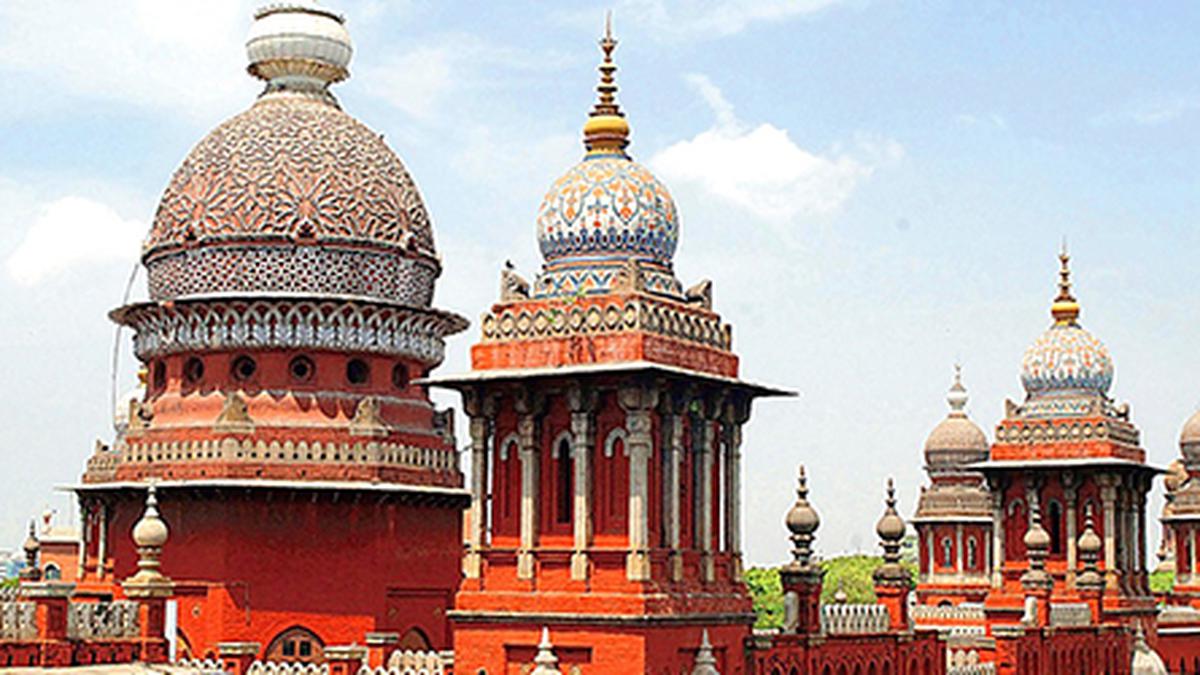
Manual scavenging continues despite groundbreaking growth in all fields, laments Madras High Court
The Hindu
Madras High Court laments persistence of manual scavenging despite multiple laws, judicial pronouncements, and recommendations for eradication.
“We boast of groundbreaking growth in all fields. Yet, there exists a community that makes a living by entering manholes and septic tanks, even after the enactment of multiple laws and also several judicial pronouncements against the evil practice of manual scavenging,” the Madras High Court lamented on Monday.
First Division Bench of Chief Justice Sanjay V. Gangapurwala and Justice J. Sathya Narayana Prasad recalled that the Employment of Manual Scavenging and Construction of Dry Latrines (Prohibition) Act, 1993 was enacted 46 years after Independence and it came into force effectively only from 1997.
The intention behind the legislation was “to do away the most atrocious and dehumanizing practice of manual scavenging.” In 1993, the Parliament also enacted the National Commission for Safai Karamchari Act to study, evaluate and monitor the rehabilitation schemes for those involved in manual scavenging.
When the 1993 Act against prohibition of manual scavenging was found to be insufficient to tackle the menace even after two decades since it was enacted, the Parliament came up with yet another legislation titled the Prohibition of Employment as Manual Scavengers and their Rehabilitation Act in 2013.
Apart from the laws and the constitution of a national commission, several committees were also constituted for the purpose and one of them, the Malkani Committee, constituted way back in 1957, itself had made several recommendations on eradicating the degrading practice of manual scavenging.
Further, referring to several Supreme Court verdicts too on the subject, the Division Bench said, despite all this, the Safai Karamachari Andolan had to file the present public interest litigation petition in the High Court in 2017 complaining about the human deaths being reported due to entry into sewers.
Even after the filing of the case and a series of interim orders passed by the High Court from time to time, a number of manual scavenging incidents were brought to the notice of the court and they were testament to the fact that the evil practice was yet to be abolished completely, the Bench said.













